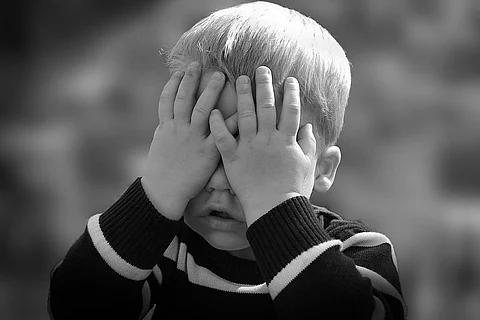
- Home
- न्यूजग्राम
- NewsGram USA
- India
- World
- Politics
- Entertainment
- Culture
- Lifestyle
- Economy
- Sports
- Sp. Coverage
- Misc.
- NewsGram Exclusive
- Jobs / Internships

New Delhi, July 26, 2017: A recent study has suggested that children experiencing sleep disruptions due to violence in the neighborhood, happen to face difficulties in learning and grasping things at school, which eventually degrades their academic performance. Researchers have revealed that the amount of stress hormone 'cortisol' increases dramatically, by sleep disruptions that take place as an impact of violence.
Both an increase in cortisol and sleep disruptions have been observed to have a negative impact on academic performance of students.
The sleep patterns of the children who live close to the place of crime, gets largely affected by these violent incidents, as the level of cortisol, the stress hormone, increases in the body of children, the day immediately after the incident, the study conducted by researchers at Northwestern, New York University and DePaul University finds.
"Both sleep and cortisol are connected to the ability to learn and perform academic tasks," said study lead author Jenni Heissel.
"Our study identifies a pathway by which violent crime may get under the skin to affect academic performance," she added.
The sleep and stress hormones of 82 young people were analyzed. All these were aged between 11 and 18 and lived in a large midwestern city, mentioned ANI report.
The students were asked to fill out diaries for four consequent days, they wore activity-tracking watches to measure sleep and got their saliva tested three times a day to check for the stress hormone. The sleep patterns of students on nights following a violent crime were compared to their sleep patterns at night when no such incident happened.
The study found that students could only go to sleep later at night, when a violent crime has occurred near their place, which decreased their total hours of sleep, eventually, resulting in tiredness and inefficiency.
The changes in sleep also varied according to the type or intensity of the crime. The variance in sleep and increase in cortisol was largest when the crime committed the previous day was a homicide, it was moderate for assault and sexual assault whereas nonexistent for robbery.
-prepared by Samiksha Goel of NewsGram. Twitter @goel_samiksha
